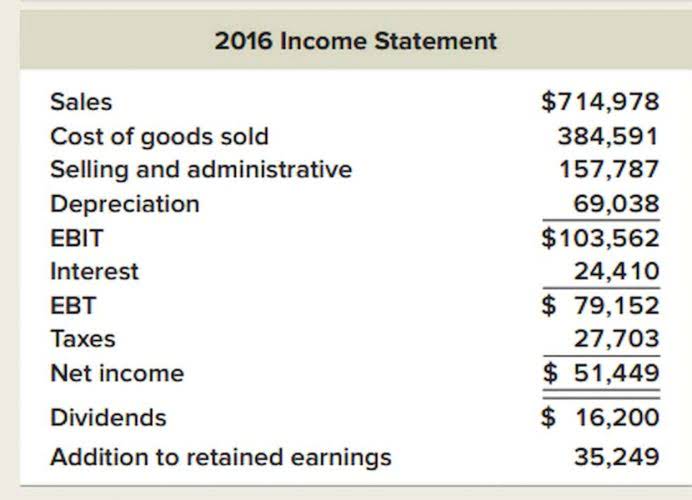
SYSPRO offers considerable flexibility, but some user reviews mention that its built-in reporting is relatively basic and not user-friendly, with limited parameter options. However, users with expertise in tools like Crystal Reports can create more advanced, customized reports. To help meet varying production requirements, SYSPRO offers multiple structure sequencing options. For example, you can use a simple numeric sequence for linear production paths or alphanumeric sequencing for complex operations, like those with A-series vs. B-series components. Although Datacor has a strong feature set, users report that customization options are somewhat limited.
Deacom ERP – Best for Food and Beverage
Discover how L’Oréal leveraged CMMS solutions to transform its maintenance operations and reduce asset downtime across multiple facilities. Through the adoption of innovative tools, they improved operational efficiency and streamlined maintenance processes, setting a new standard for asset management success. It’s crucial to establish a robust support and training framework to maximize the value of Accounting For Architects CMMS software. Addressing technical issues promptly through vendor support can help minimize disruptions and keep operations running smoothly. Providing comprehensive training resources, such as user guides, tutorials, and interactive sessions, ensures that teams can fully utilize the software’s capabilities. Ongoing support and continuous learning opportunities are essential for helping users adapt to updates, explore new features, and maintain productivity over time.

How is manufacturing ERP different from MRP software?
![]()
Industry 4.0 enhances traceability with blockchain integration and real-time tracking solutions, ensuring full transparency across the supply chain. The software features supporting lot tracking provide complete oversight of production batches. MRP software is a sophisticated software system designed to unify manufacturing-centric business processes into a single cohesive system.

Benefits of custom manufacturing software over off-the-shelf solutions
- Additionally, it provides detailed reporting and analytics, allowing you to make data-driven decisions.
- Whether you operate in a discrete, process, engineer-to-order (ETO), or mixed-mode environment, these ERP solutions offer diverse strengths to meet the demands of your manufacturing business.
- Migrating to the cloud improves scalability, allowing adaptation to production demands without substantial capital expenditure.
- Additionally, solid reporting features offer insights to keep your business informed.
- Oracle NetSuite is a cloud-based solution that excels in financial management and reporting.
- By embedding lean principles into digital workflows, project management software enhances operational efficiency.
A truly valuable partner sees the project as a long-term cash flow relationship, not just a one-time transaction. Accurate budgeting and cost management are crucial for project success and long-term financial viability. You need a clear understanding of the total cost of ownership (TCO), which encompasses not just the initial development costs but also ongoing maintenance, updates, support, and potential infrastructure costs.
How long does it take to implement a manufacturing ERP system?
- Accounting for a manufacturing business isn’t totally the same thing as with accounting for other industries.
- ECI M1 has comprehensive tools designed specifically for small to medium-sized job shops and made-to-order manufacturers.
- CMMS software automates routine tasks, schedules preventive maintenance, and streamlines the work order process.
- Data privacy and security regulations may vary from country to country, so ensuring that the software provider has appropriate security measures to protect sensitive financial data is important.
- Barbara is a financial writer for Tipalti and other successful B2B businesses, including SaaS and financial companies.
In other words, opening WIP is to be added while the closing WIP should be deducted from the production cost. Accurately estimating the quantity and cost of labor, raw materials, and equipment needed to manufacture finished products is an important aspect of manufacturing software. This allows manufacturers to ensure they’re making the right amount of products while maximizing their ROI.MRP also helps ensure equipment is properly maintained to reduce machine downtime. ECI M1 has comprehensive tools https://www.bookstime.com/articles/manufacturing-accounting designed specifically for small to medium-sized job shops and made-to-order manufacturers. The software excels in streamlining complex job tracking, quoting, scheduling, and real-time job costing, ensuring maximum efficiency in production management.
- Demand forecasting, capacity planning, and real-time inventory tracking are also featured.
- Some users also report certain modules to have overcomplicated workflows and a lack of sophistication in some manufacturing functionalities.
- Epicor is a powerful Cloud based ERP and finance system which is used by SMB and small business manufacturers around the world and provides deep manufacturing ERP capabilities.
- In this article, I’ll walk you through how ERP can transform your manufacturing business and set you up for long-term success.
A Computerized Maintenance Management System (CMMS) provides tools that empower organizations to achieve that ambitious goal. Partnering with Mekari Officeless provides bespoke software development, streamlining and future-proofing your manufacturing processes. Custom systems also make it easy to adjust who has access to what as your team grows or changes, ensuring everyone has the right tools at the right time. QMS software also helps manufacturers streamline supplier evaluations and corrective actions, ensuring consistent product quality and regulatory compliance.
Select and Customize a System

When you choose the right system and invest in training your team, everything falls into place — fewer bottlenecks, better decision-making, and real cost savings. Best suited for large manufacturing enterprises that require an all-encompassing ERP with extensive customization, automation, and enterprise-level support. Industry reports project that the global ERP market will grow from $71.62 billion in 2025 to $114.09 billion by 2030, with a 9.76% CAGR. Because manufacturers are under constant pressure to optimize resources, improve coordination, and reduce costs while keeping up with market demands.

Leave a comment